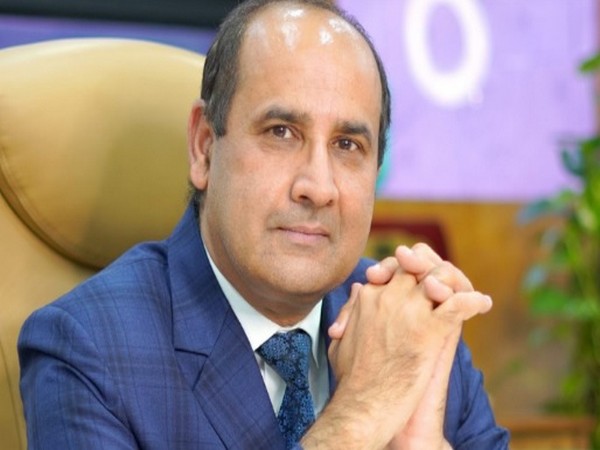TCIL likely to post Rs 3,000-crore revenue this year: Sanjeev Kumar

NEW DELHI: Telecommunications Consultants India Limited (TCIL), a public sector firm, is optimistic about potential opportunities, and is looking to post Rs 3,000-crore revenue in FY 2024-25, on the back of a robust orderbook. In an interaction with the PageOne Asia, Sanjeev Kumar, Chairman-cum-Managing Director, TCIL speaks on existing projects, overseas business, BharatNet opportunity and BSNL 4G network commercialisation
What are the ongoing projects as of now, in the current fiscal ?
The important projects are disaster management projects in Maharashtra via high power tension lines in coastal areas. This value is around more than Rs 600 crore. Another important project is to connect more than 200 locations to one platform for the Indian Coast Guards, for about Rs 688 crores, and the third project is E-Vidhansabha which is a digitalization of Vidhansabha in Maharashtra, and fourth is the one we recently got from Uttarakhand government, which is virtual class implementation for additional 840 schools.
Even outside India, TCIL was working on many projects including the Middle East?
In the Middle East, we recently worked on a CCTV project for one of the smart cities there which is valued at Rs 280 crore. We are now diversifying into setting up a data center.
Are you hopeful about India's 4G stack once commercialised in BSNL network?
There were challenges earlier as the technology was not proven. I think if this 4G rollout from Tejas becomes successful, you will have a use case for us to say you know it's commercially deployed.
Any update on BharatNet front?
In the recent BharatNet tender, TCIL will be bidding in the majority of packages.
How much revenue are you targeting in this fiscal?
Rs 2,600 crores was our total revenue last year. This year our total revenue target is 3,000 crores. We are now also giving more focus on green energy projects like solar.
What are the immediate 5G use cases you think will emerge?
For 5G use cases, it's whether a captive network or it is through a telco grade network and that sort of issues based on the customer requirements and the use case, we believe security is more important criteria in industrial automation. So, a captive network will be suitable for such requirements, and definitely huge demand is there for industrial automation for safety and security within mining areas, then even parameter fencing at borders or even security installations like airports, air force stations in army installations, and there are multiple IP technologies are being used to secure the boundaries.










